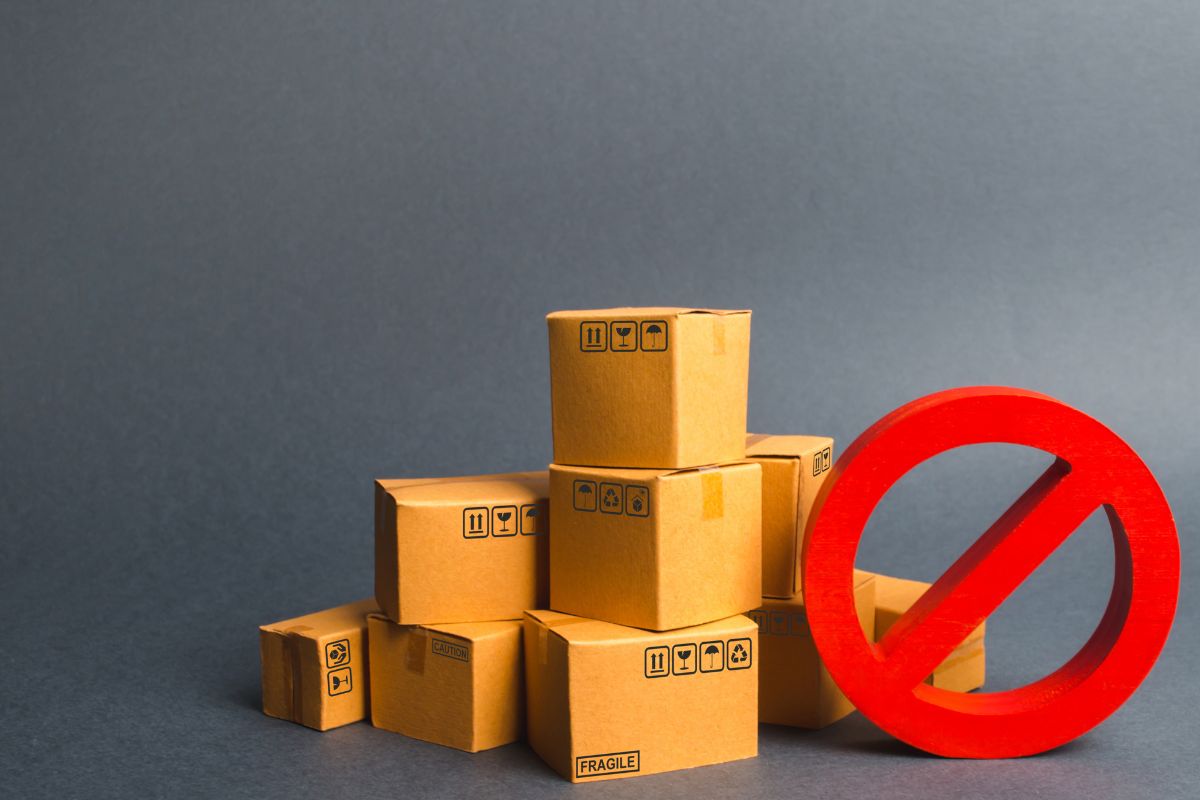Efforts to achieve climate neutrality jeopardized by trade restrictions on critical raw materials, says top economist Gita Gopinath.
As a result of the Covid pandemic and the Russian attack on Ukraine, global trade relations have shifted noticeably. Terms such as “friend-shoring”, i.e. restricting trade to partners with shared values, are doing the rounds. The concept of “de-risking” is also repeatedly mentioned when it comes to how to deal with China, a country that is becoming increasingly important due to its natural resources and economic strength and is revealing international dependencies.
Although, according to the International Monetary Fund (IMF), there are no signs of a trend towards de-globalization on a broad front, the first deputy managing director, Gita Gopinath, sees the increasing fragmentation of the global economy as a major threat. In a speech in Medellin, Colombia, she warned that this could lead to a new Cold War. According to Gopinath, the losses for the global economy would be enormous and national economies could lose up to seven percent of their gross domestic product. The number of trade restrictions imposed in 2022 shows just how much the international structure has changed: 3,000, almost three times as many as in 2019, says the economist. Many of these measures affect the raw materials sector and new ones are constantly being added.
A corridor for important raw materials?
The Organization for Economic Cooperation and Development (OECD) reported in spring that export restrictions for critical raw materials have increased more than fivefold in the last ten years. This year, gallium, germanium and graphite, among others, were added to this list. The IMF believes that further fragmentation of trade in resources needed for the energy transition would make efforts to transition to climate neutrality significantly more expensive. Strong price fluctuations could hamper investment in renewable energies and electromobility.
How could this and, above all, a new Cold War be prevented? Above all, Gopinath advocates maintaining open communication, as practiced by the USA, China and the European Union. Cooperation in areas that are of equal interest to all parties is also necessary. With regard to the energy transition, she put forward the idea of an agreement on a “green corridor” that would guarantee the exchange of the necessary materials. Something similar is conceivable for basic foodstuffs and medical goods. This agreement on the lowest common denominator would ensure that the fight against climate change and the prevention of food insecurity and pandemic-related humanitarian disasters are successful.


